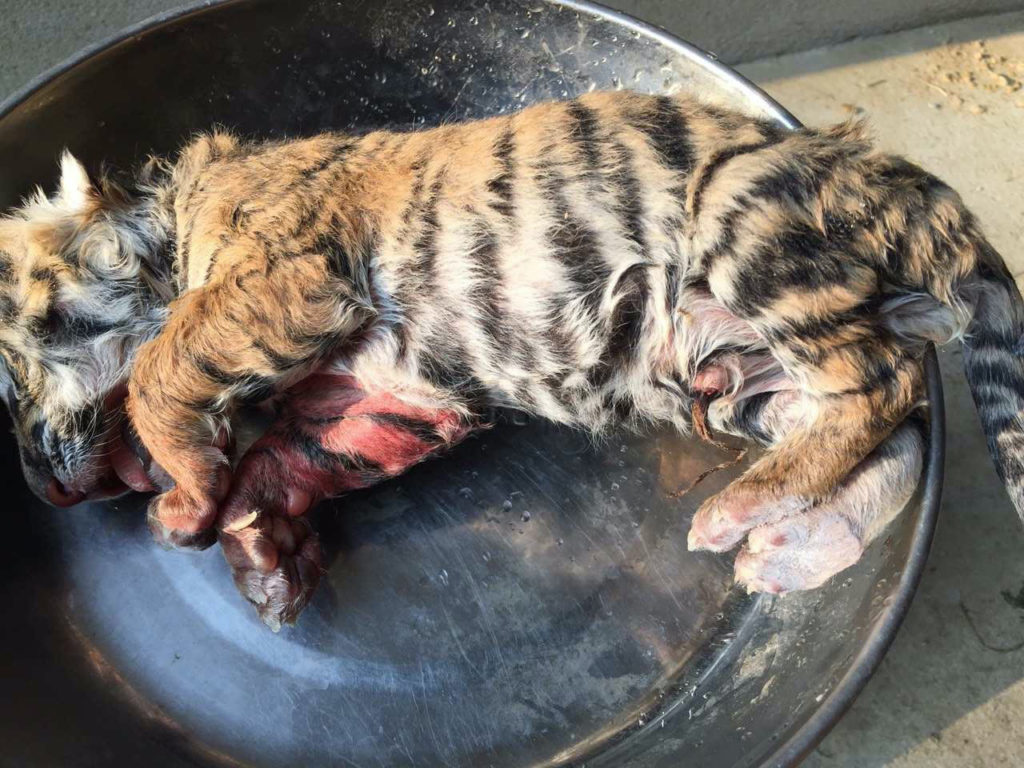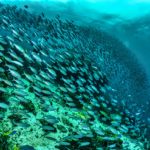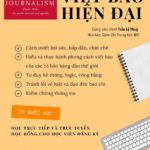Đại dịch COVID-19 đã và đang gây ảnh hưởng như thế nào đến hoạt động buôn bán trái phép động vật hoang dã ở Việt Nam? Nhóm phóng viên Environmental Reporting Collective (ERC) hợp tác cùng Trung tâm Sáng kiến Truyền thông và Phát triển MDI đã dành một năm vừa qua để tiếp cận các đối tượng buôn lậu và phân tích dữ liệu bắt giữ động vật hoang dã tại Việt Nam từ 2010-2020.
Dưới đây là kết quả của dự án, một bài viết mang tên “Traffickers v. Covid-19” – tạm dịch, “Những kẻ buôn lậu và Covid-19” được đăng trên the Environmental Reporting Collective (ERC). Bài viết được thực hiện với sự tài trợ của Internews’ Earth Journalism Network.
Đây là lần thứ hai MDI hợp tác với Environmental Reporting Collective để tìm hiểu về tình hình buôn bán trái phép động vật hoang dã. Năm 2019, bài viết về buôn bán trái phép tê tê của ERC, với sự tham gia của MDI và các tổ chức, toà soạn ở 13 nước khác trên khắp châu Á và châu Phi, từng đạt Giải Báo chí Trực tuyến 2020 (Online Journalism Awards 2020), hạng mục Xuất sắc về Hợp tác và Quan hệ đối tác.
Các toà soạn hoàn toàn có thể đăng tải lại toàn bộ bài viết “Traffickers v. Covid-19” và ghi rõ nguồn, bao gồm tên người thực hiện, ERC và MDI. Vui lòng gửi email tới contact@investigative.earth hoặc contact@mdi.org.vn để nhận nội dung, ảnh chất lượng cao, bản đồ và đồ thị gốc.
*Lưu ý: Cần có sự đồng ý của tác giả trước khi dịch bài viết sang một ngôn ngữ khác.
Cảnh báo: Bài viết có chứa hình ảnh nhạy cảm, cần cân nhắc trước khi xem.
Traffickers v. Covid-19
Could the illegal wildlife trade in the hotspot of Vietnam come back stronger after Covid-19? ERC and MDI spoke with traffickers throughout 2020 and 2021 and analysed 10 years’ worth of data to find out.
By: TRANG BUI and LAM QUAN
Even as Vietnam faced its fourth wave of Covid-19 in January 2021, visitors to Dien Chau district could still find restaurants openly advertising all kinds of “exotic” meats, from rats and cats, to rabbits and monitor lizards.
What’s not openly advertised, yet even more famous, is Dien Chau’s dirty open secret – tiger products, including meat, bone wine, and glue.
“Hundreds of houses are farming tigers here,” said Mr L, a 45-year-old secondary school teacher who just happens to also be an illegal wildlife broker, while showing our undercover journalists around Dien Chau in January. “But they can’t export the tigers anywhere because of Covid-19.”

Vietnam has been a major destination and transit point for the global wildlife trafficking trade. Between 2003 and 2019, the country has been involved in the deaths of at least 15,779 elephants, 610 rhinoceroses, 228 tigers and 65,510 pangolins, according to the Environmental Investigation Agency (EIA).
Given that scientists have widely considered Covid-19 a zoonotic disease (transmitted from animals to humans, or vice-versa), which may have emerged due to wildlife trafficking, both Vietnam and China – another major market for the illegal wildlife trade – have taken steps to tackle the issue. In February 2020, the Chinese government was compelled to ban the consumption of wild meat, and Vietnam followed suit in July 2020 with a Prime Minister’s directive to prohibit all wildlife imports.
Yet, questions remain whether two of the world’s biggest consumers of illegal wildlife can curb their appetite for exotic meats, even after such a global crisis.
As part of a collaborative investigation between the Environmental Reporting Collective (ERC) and the Vietnam-based Centre for Media and Development Initiatives (MDI), journalists went undercover as potential buyers to speak with four wildlife traders in early 2021, and analysed 10 years’ worth of data from nearly 300 wildlife seizure cases in Vietnam.
The journalists found a trade that is far from collapsing. Traders like Mr L and his associates are simply biding their time, pivoting to local and online markets while their goods remain grounded.
“Everything is still normal, nothing is curbed,” Mr L replied, confidently, when we asked if he could still supply tiger, rhino horns or ivory products within the country.
Education for Nature Vietnam (ENV), a local NGO which maintains a hotline for citizens to report wildlife crimes, recorded 2,907 wildlife violations in 2020, almost double the previous year. Without an aggressive crackdown on the trade while it is at its most vulnerable ever, experts fear traffickers would return stronger and more resilient.
We analysed and investigated the four most trafficked wildlife commodities in Vietnam – tigers, ivory, rhino horns and turtles – each of them a trade with its own complexities. Here’s what we found.
Ấn vào đây để đọc toàn bộ bài viết.



